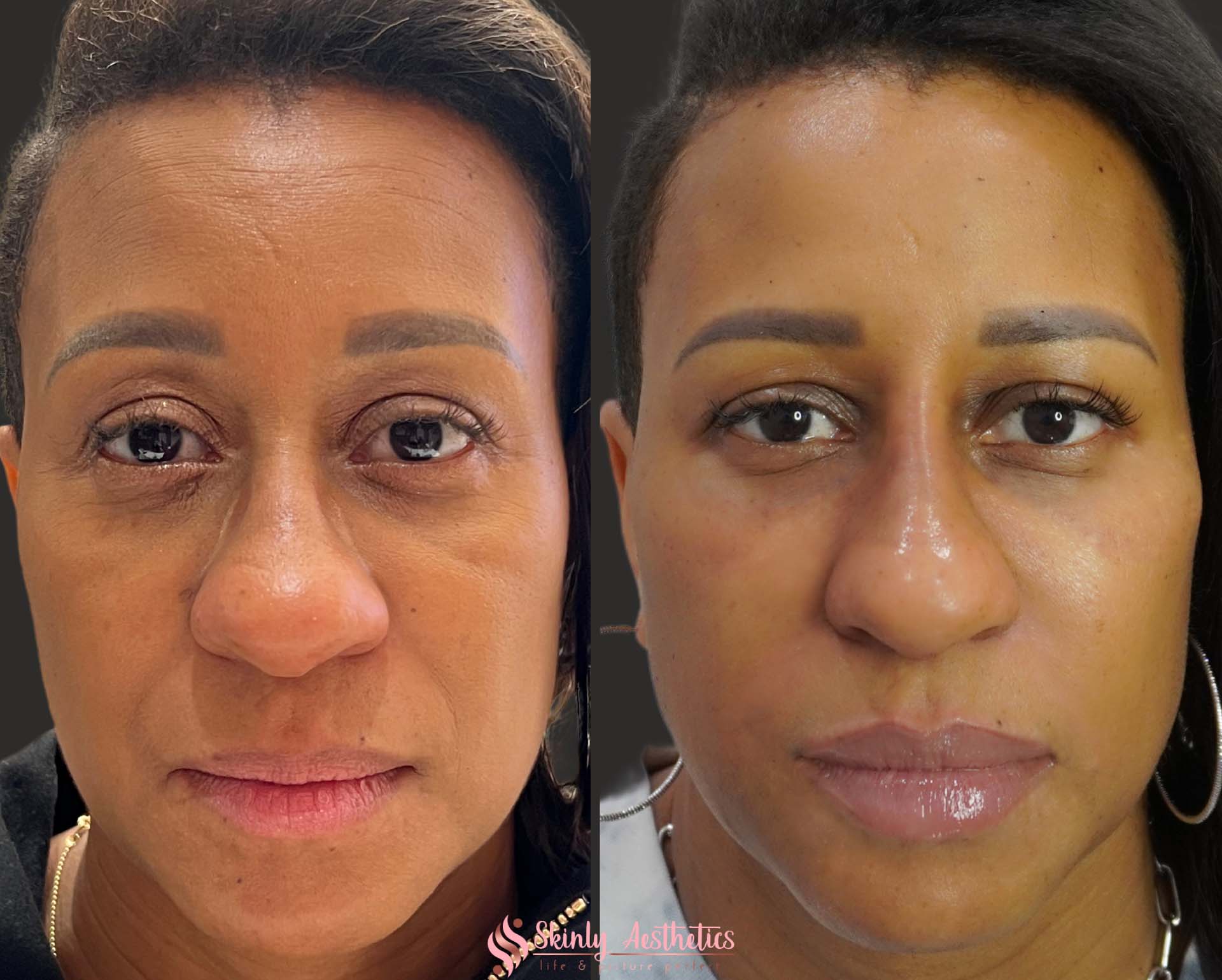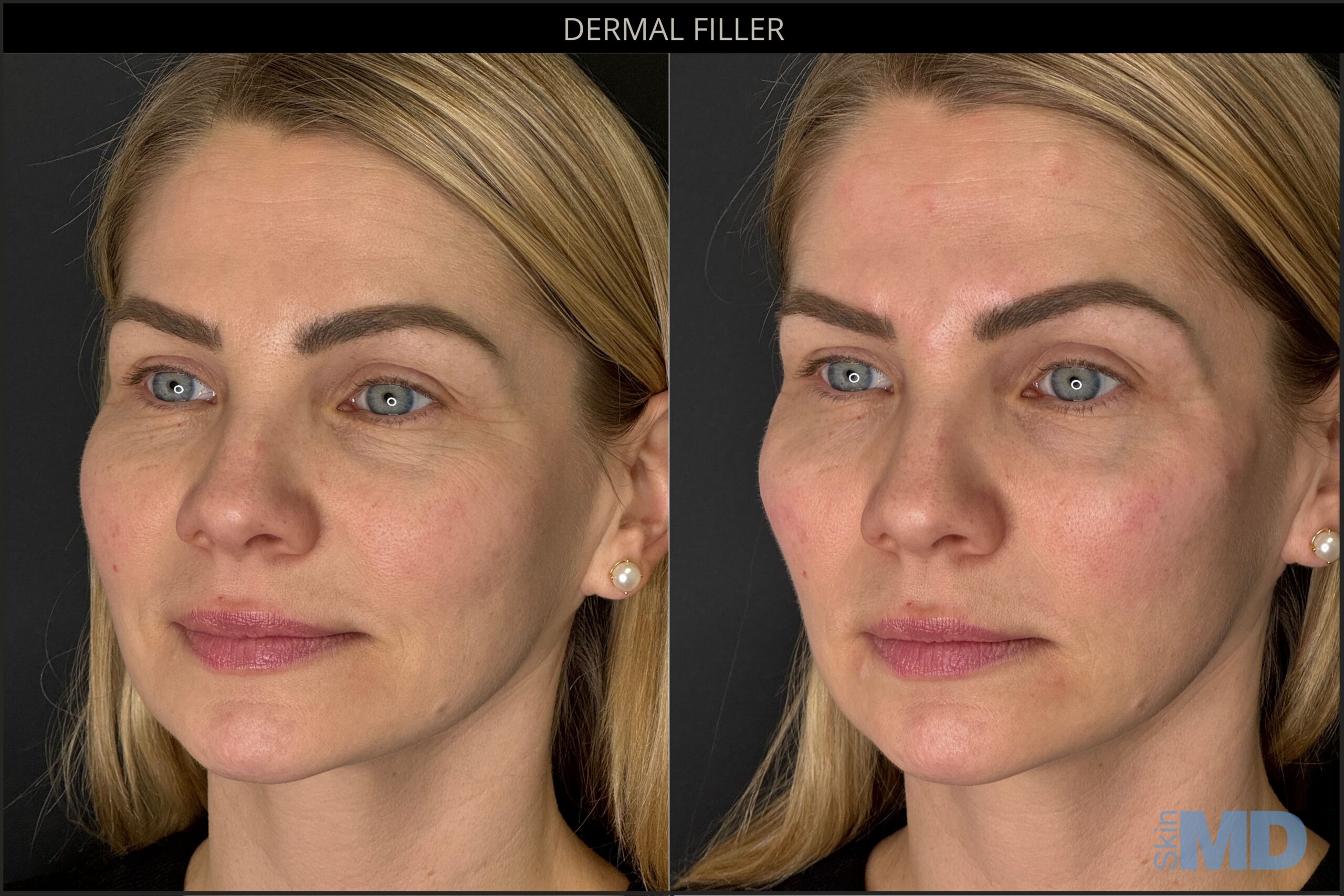Cheek fillers have become increasingly popular in recent years as a non-surgical solution to enhance facial volume and structure. This minimally invasive procedure involves injecting hyaluronic acid filler into the cheek area to restore lost volume, smooth lines, and create a more youthful appearance.
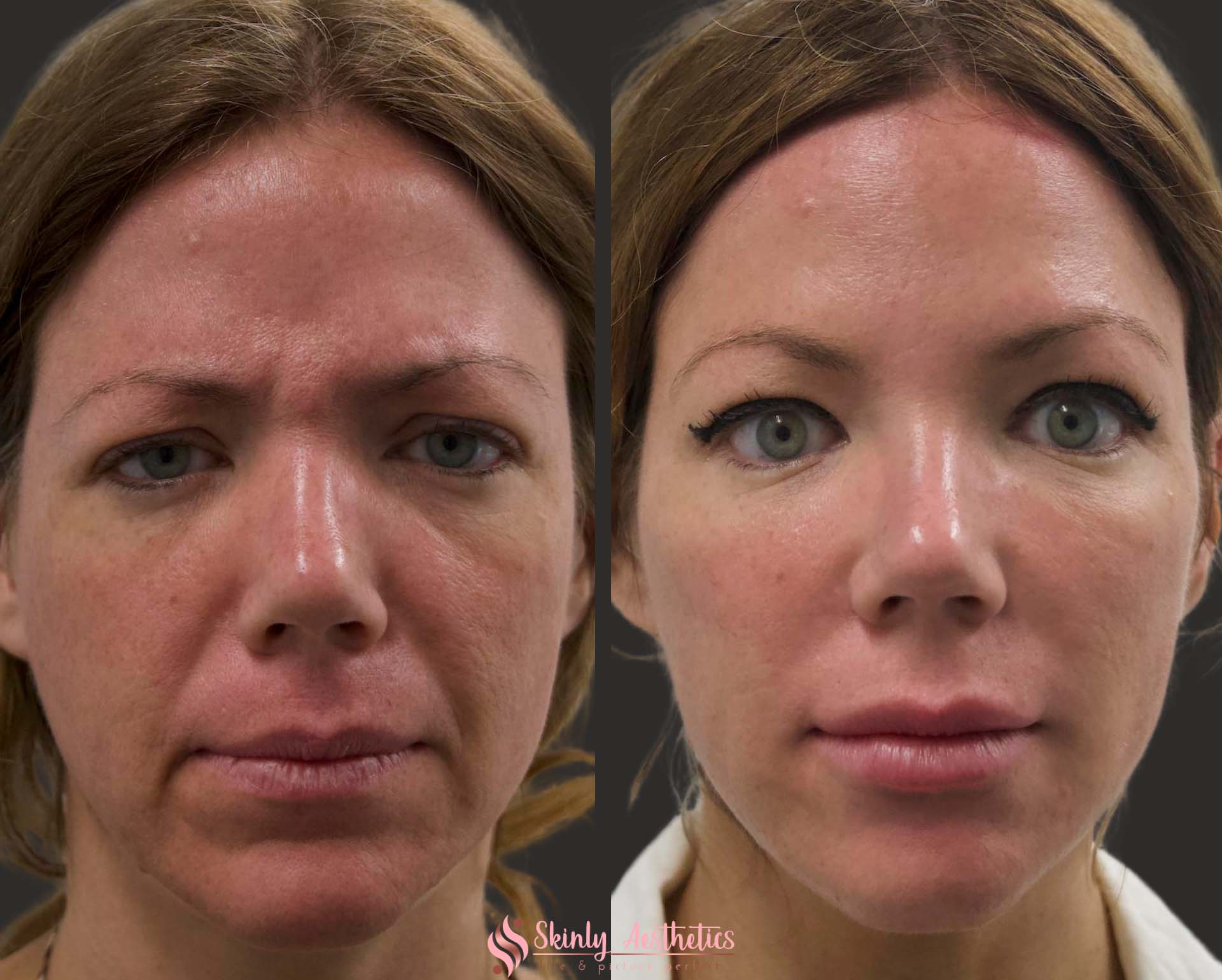
Cheek fillers are a relatively simple procedure that can be performed in a doctor’s office. A local anesthetic is applied to numb the treatment area, and then the filler is injected using a fine needle. The entire process typically takes less than an hour.
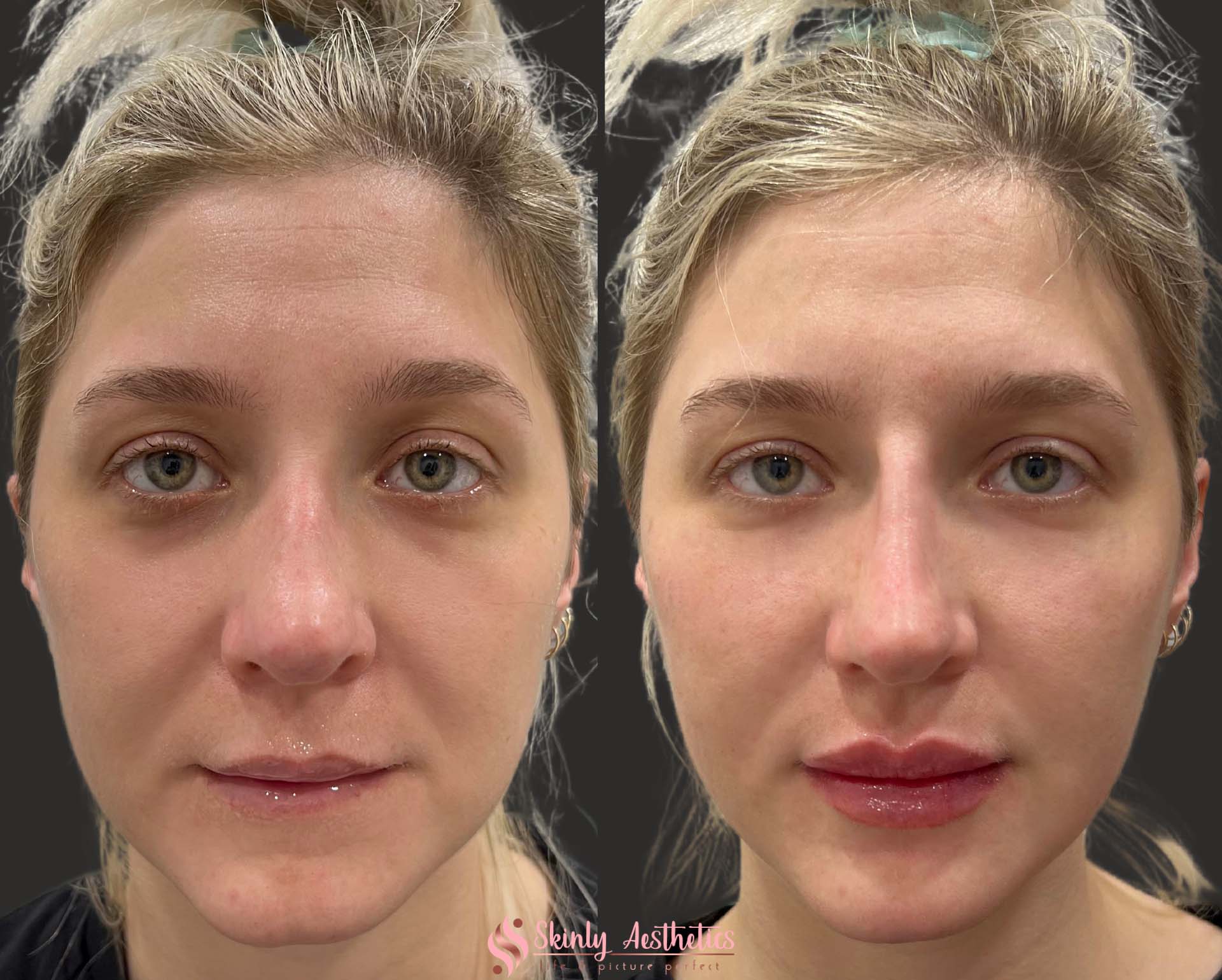
Volume Restoration: As we age, our faces naturally lose volume, leading to sagging cheeks and hollow areas. Cheek fillers can help restore this lost volume, giving the face a more youthful and plump appearance.

The results of cheek fillers are immediate and can last anywhere from 6 to 18 months, depending on the type of filler used and individual factors. Many patients are thrilled with the results and report increased self-confidence and a more youthful appearance.
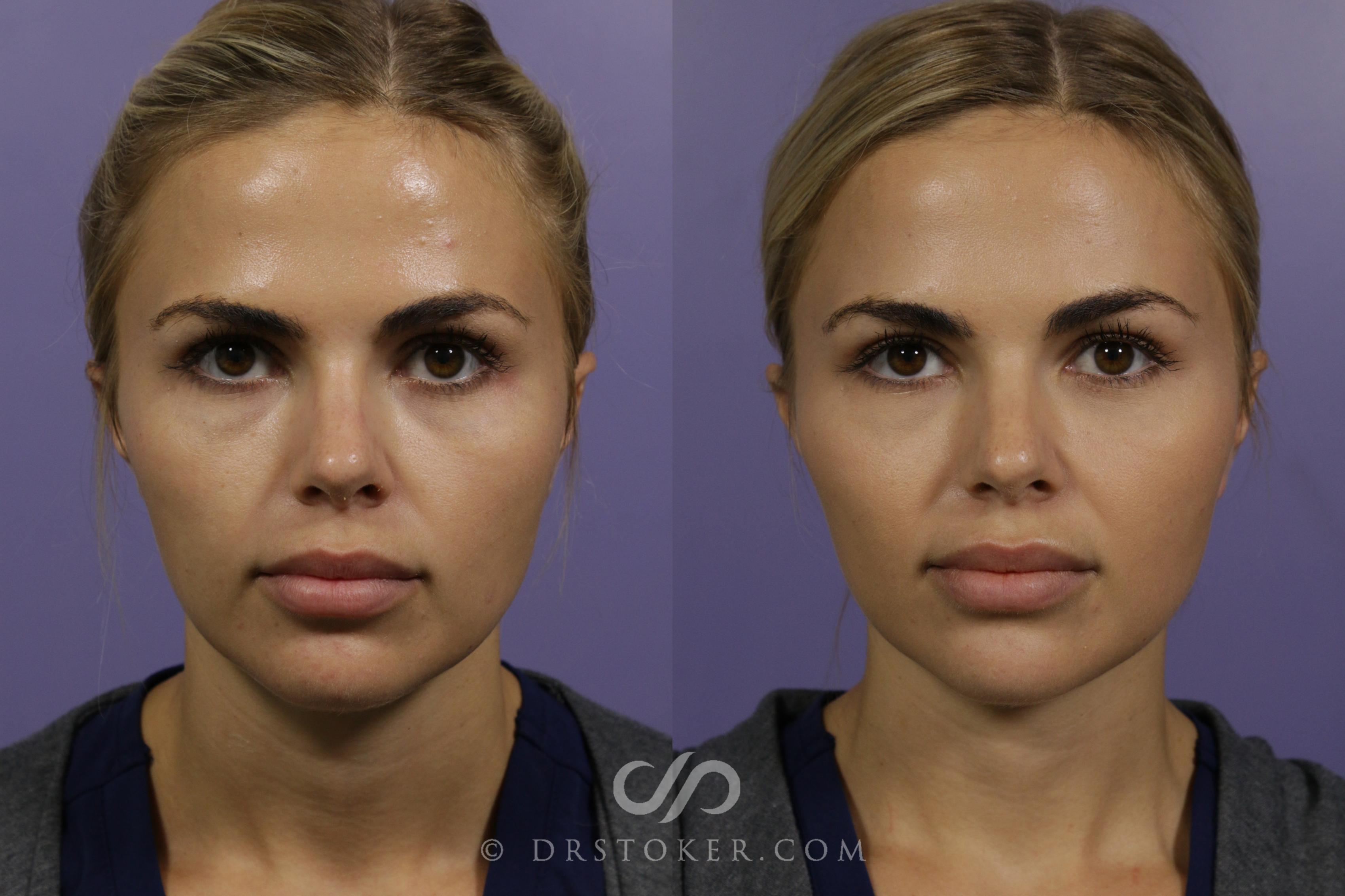
Cheek fillers offer a safe and effective way to improve the appearance of your cheeks and overall facial structure. If you’re considering this procedure, it’s important to consult with a qualified and experienced injector to discuss your goals and expectations.
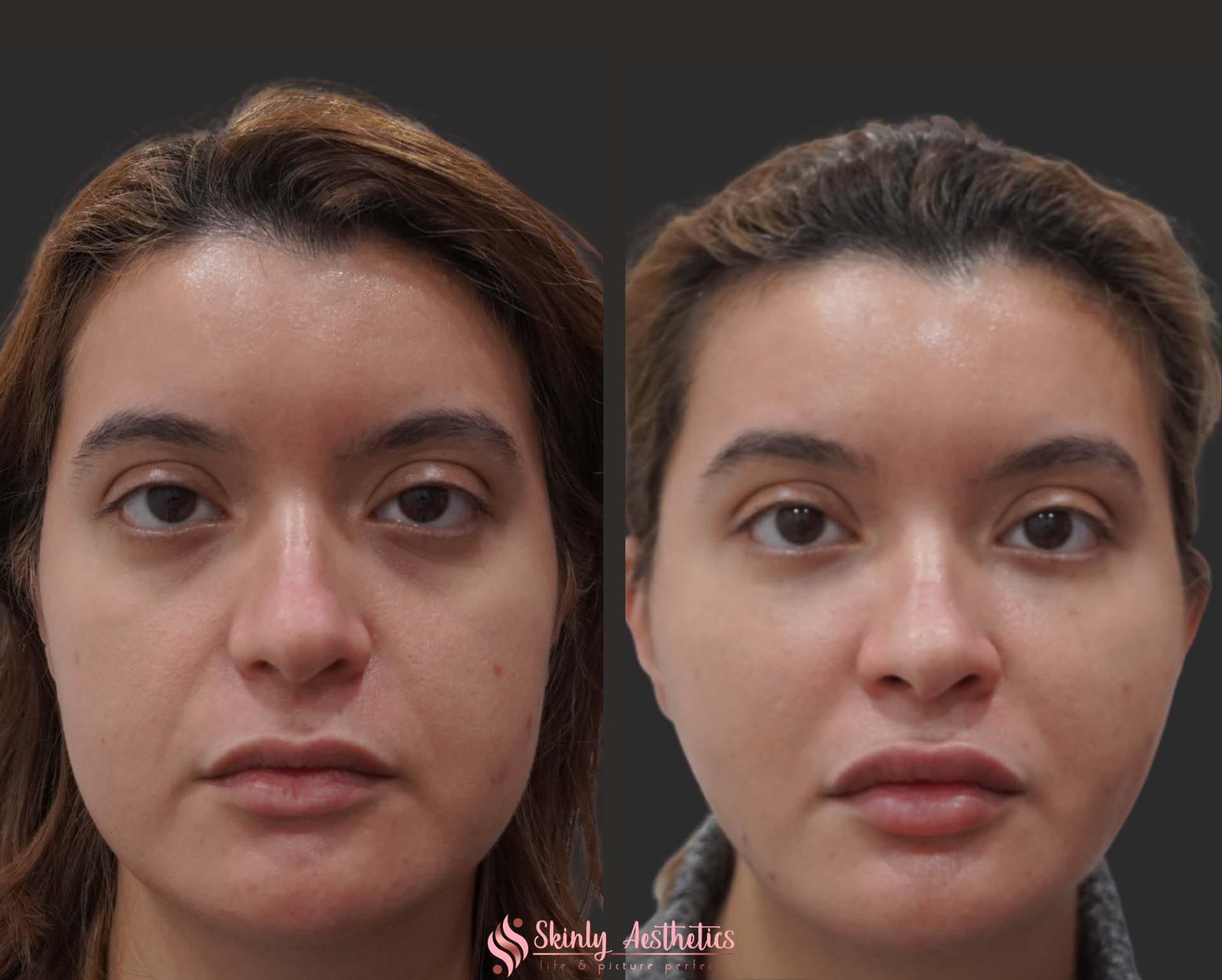
1. Are cheek fillers painful?
Most patients report minimal discomfort during the procedure. A numbing agent is typically applied to minimize any pain.
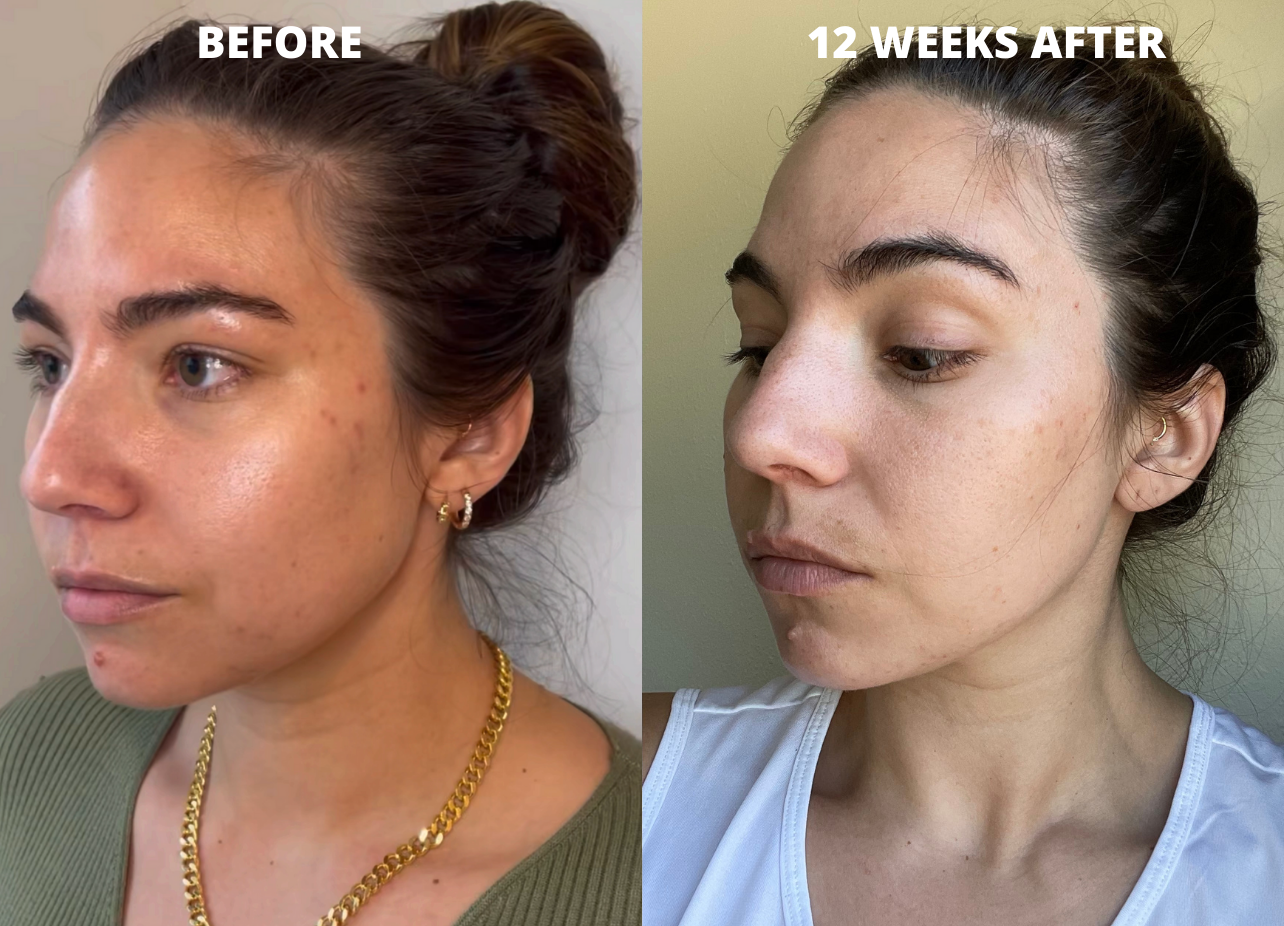
2. How long do the results of cheek fillers last?
The duration of results can vary depending on the type of filler used and individual factors. However, most fillers can last anywhere from 6 to 18 months.
3. Are there any side effects of cheek fillers?
Common side effects of cheek fillers include mild swelling, bruising, and redness, which usually subside within a few days.
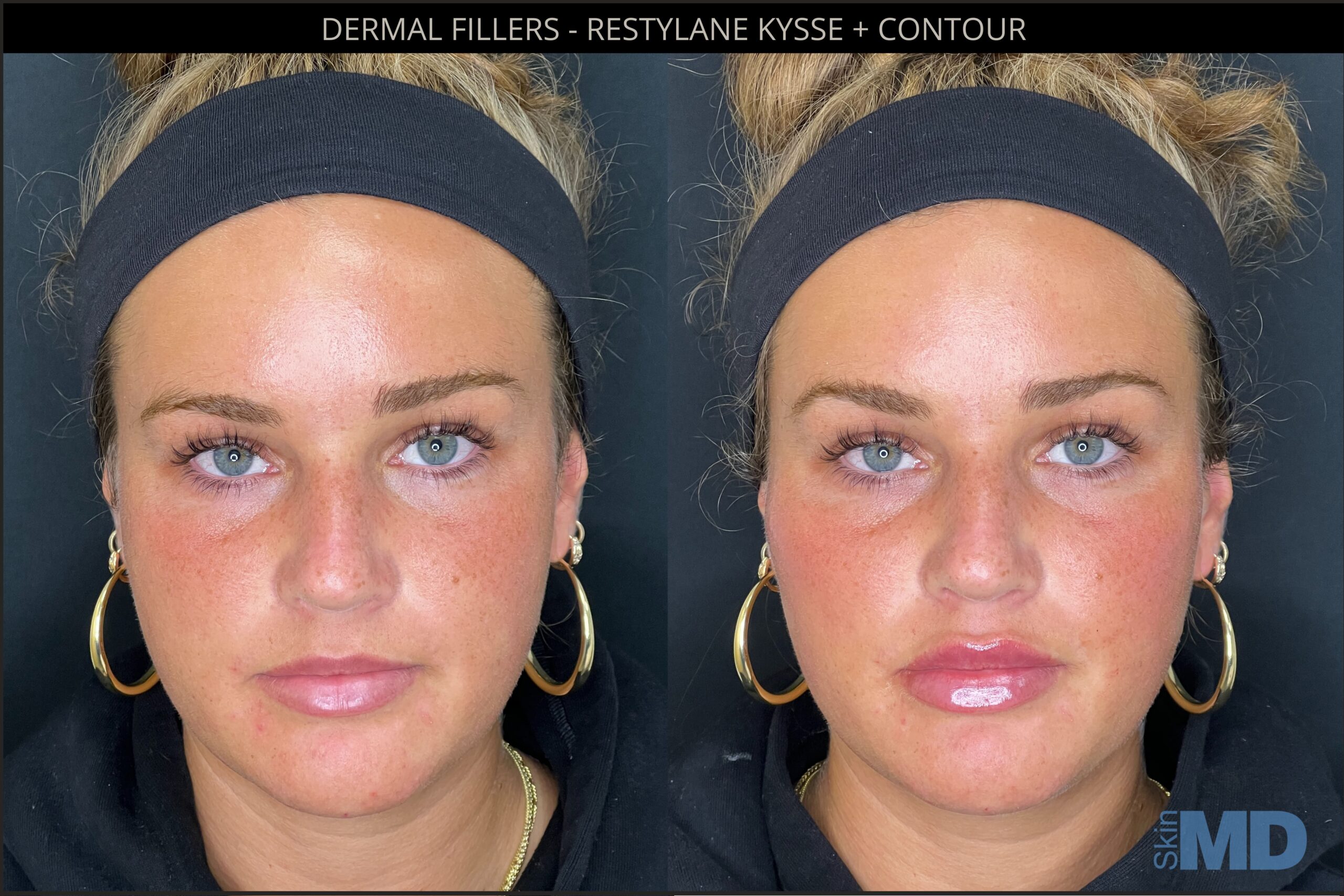
4. Can I return to work immediately after the procedure?
Yes, most patients can return to work immediately after the procedure. However, it’s important to avoid strenuous activity and excessive sun exposure for the first few days.
5. How can I find a qualified injector?
Look for a board-certified dermatologist, plastic surgeon, or other qualified medical professional with experience in facial injectables.
